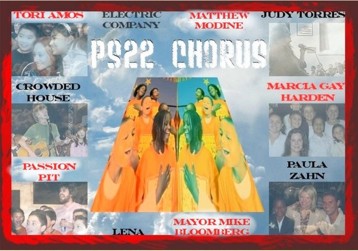[youtube=http://www.youtube.com/watch?v=W2j9qw-A0NM&hl=en&fs=1]
Is the picture of teachers in this video fact or fiction?
Let’s have a look at some of ideas here.
Firstly, teachers today work in a world that is fast-paced and rapidly changing.
Do we realise this fully?
Teachers today work together to facilitate, innovate, coordinate, participate, investigate, advocate and illuminate.
How are you doing so far?
Teachers today may have limited autonomy, opportunities and resources…
Is that true? Does that make you feel uncomfortable?
… but their possibilities are unlimited; they are leading, shaping, finding new approaches, new technologies and discoveries.
Sounds exciting.
Teachers today instil curiosity, extend possibilities, make connections, engage students, excite learners to solve problems of the new generation.
What are the problems of the new generation?
Teachers today overcome obstacles, embrace change, redefine education, are fluent in technological tools, are aware of global concerns.
This is a huge job and an amazing responsibility.
Teachers today are challenging students …
to find solutions;
to find their voices;
to change the world.
I’m interested to find out how teachers react to the messages in this video.
To quote a teacher recently:
‘Where does the academic fit into this?’
Isn’t it time we opened up our vision of what our role as teachers today is?
While you’re at it, have a look at Digital World: Kids today
[youtube=http://www.youtube.com/watch?v=0fu4vmiXxwc&hl=en&fs=1]
Thanks to Judy O’Connell for putting me onto these videos.

